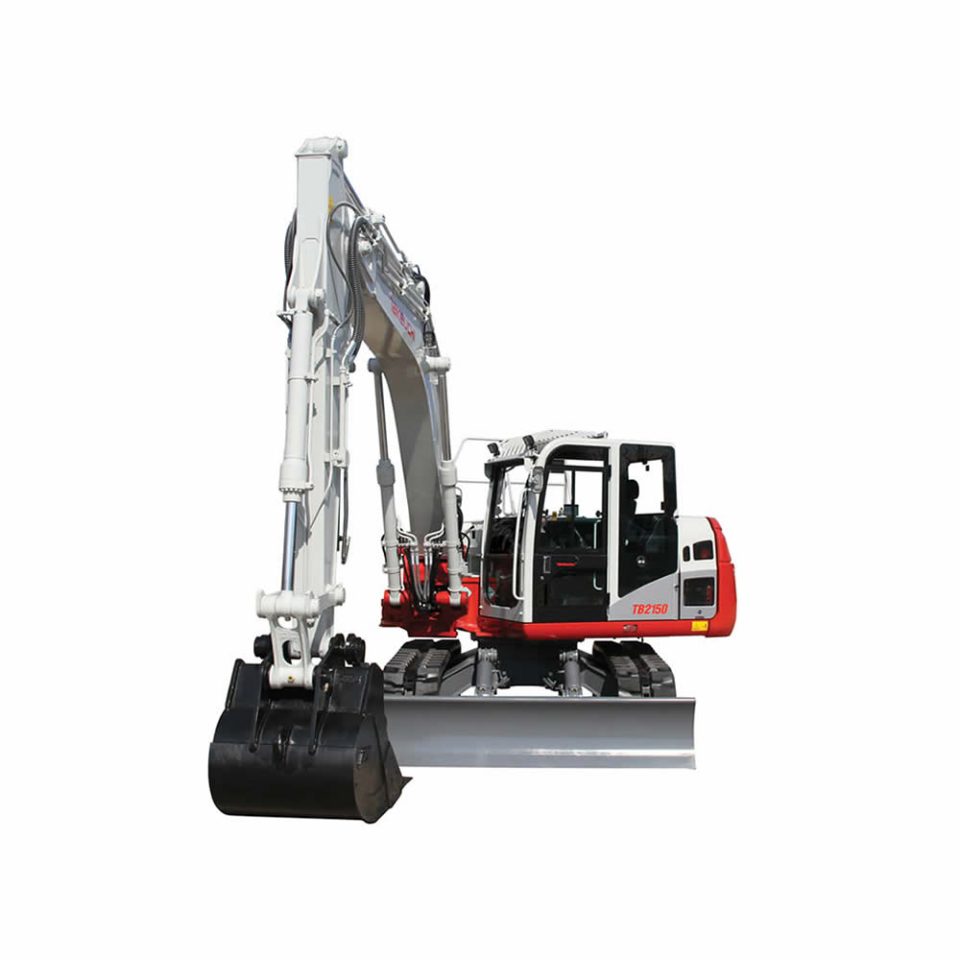Excavators are a cornerstone of the construction industry, revolutionizing the way projects are executed by combining power, precision, and versatility. These heavy machines, with their signature hydraulic arms, are indispensable for tasks ranging from digging foundations to demolishing structures. Their ability to streamline operations not only saves time but also enhances productivity, making them a vital investment for construction companies. This article delves into how excavators transform construction sites, emphasizing their role in boosting efficiency and project outcomes.
The Role Of Excavators In Modern Construction
In the past, construction tasks like digging trenches or moving large volumes of earth relied on manual labor and rudimentary tools, consuming significant time and resources. The advent of excavators has changed this landscape, allowing for tasks to be completed in hours that once took days or even weeks. Their hydraulic systems enable them to lift, dig, and transport materials with remarkable precision, ensuring that projects stay on schedule.
Moreover, the versatility of excavators has expanded their applications far beyond just earthmoving. Modern Volvo excavators for sale can be equipped with specialized attachments, such as grapples, hammers, and augers, to perform a wide array of functions. Because of its versatility, fewer machines are required on-site, which further streamlines operations.
Enhanced Efficiency Through Automation And Precision
One of the key ways excavators boost construction efficiency is through their precision. Advanced models are often integrated with GPS systems and automated controls, enabling operators to perform tasks with unmatched accuracy. For example, excavators equipped with GPS technology can follow detailed site plans, ensuring that excavation depths and dimensions align perfectly with project specifications.
Automation also reduces the margin of error, minimizing rework and saving both time and materials. Operators can rely on onboard systems to optimize digging angles, manage loads, and even prevent accidental over-digging. These features make excavators invaluable for complex projects, such as laying foundations or creating drainage systems, where precision is paramount.
Labor And Cost Savings
Excavators not only streamline processes but also significantly reduce labor costs. A single excavator can perform tasks that would otherwise require a team of workers, such as digging trenches, breaking concrete, or leveling terrain. This consolidation of labor frees up human resources for other critical aspects of the project, ensuring that deadlines are met without compromising quality.
In addition to saving on labor, excavators contribute to cost efficiency by optimizing resource use. Fuel consumption and wear and tear on other machines are decreased by their capacity to complete jobs quickly and precisely. Furthermore, the versatility of excavators eliminates the need to rent or purchase multiple specialized machines, cutting overall equipment expenses.
Safety And Environmental Impact
Safety is a critical consideration in construction, and excavators play a significant role in creating safer work environments. By handling heavy and potentially hazardous tasks, such as lifting large debris or digging deep foundations, these machines protect workers from physical strain and accidents. Many modern excavators are designed with enhanced visibility, ergonomic controls, and safety features like load monitoring systems, reducing the risk of mishaps on-site.
From an environmental perspective, excavators have become increasingly eco-friendly. Many manufacturers are now producing models with fuel-efficient engines and lower emissions, helping construction companies comply with environmental regulations. Some excavators even run on alternative energy sources, such as electricity or hybrid systems, further minimizing their carbon footprint.
Versatility In Applications
The versatility of excavators is another important component that enhances their efficiency. With a wide range of attachments available, excavators can seamlessly transition between tasks. For instance, an excavator used for digging can quickly be outfitted with a hydraulic hammer to break concrete or a grapple for material handling. This versatility ensures that projects progress smoothly, without the delays associated with switching between different machines.
Excavators also excel in varied environments, from urban construction sites with limited space to large-scale projects in remote areas. Compact excavators, for example, are ideal for maneuvering through tight spaces, while larger models can tackle heavy-duty tasks like mining or dredging.
Future Of Excavators In Construction
The construction industry continues to evolve, and excavators are at the forefront of this transformation. Innovations such as autonomous excavators and artificial intelligence are already making waves, promising even greater efficiency and productivity. These advancements will enable machines to perform tasks with minimal human intervention, reducing labor costs and further optimizing operations.
Moreover, as sustainability becomes a priority, excavators are expected to adopt greener technologies, such as electric powertrains and renewable energy sources. Excavators are now positioned as a forward-thinking answer for tomorrow’s problems, in addition to lessening the environmental impact of building.
Conclusion
With its potent blend of efficiency, accuracy, and adaptability, excavators have surely revolutionized the construction sector. These tools have become essential on construction sites all around the world by improving safety, cutting labor costs, and simplifying processes. The use of excavators will only increase as technology develops, opening the door to safer, quicker, and more environmentally friendly building methods. Whether it’s laying the groundwork for a new building or demolishing an old structure, excavators remain at the heart of modern construction, driving progress and efficiency every step of the way.

